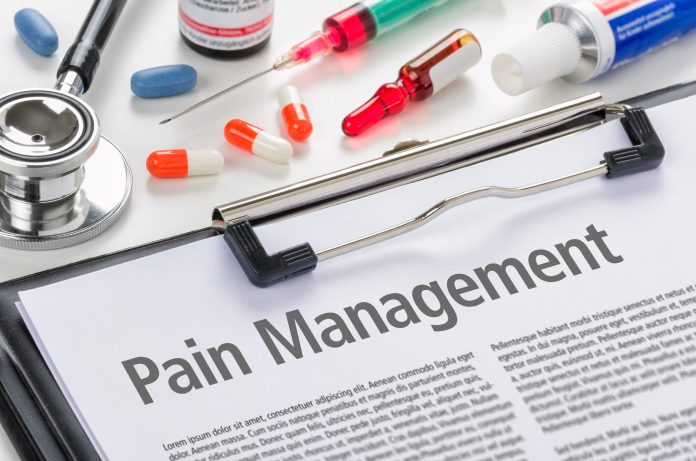Living with chronic pain is challenging, and finding effective ways to manage it without relying heavily on medication can greatly improve quality of life. Huntsville Pain Management offers a range of strategies designed to help individuals manage their pain effectively while minimizing the use of prescription drugs. Here’s a guide to some of the most effective non-medication approaches.
Exploring Non-Narcotic Pain Medications
Non-narcotic pain medications provide a valuable alternative to opioids and other strong drugs. Over-the-counter options like acetaminophen and nonsteroidal anti-inflammatory drugs (NSAIDs) are commonly used for managing mild to moderate pain. These medications work by reducing inflammation and alleviating pain signals without the risk of addiction associated with narcotics.
In addition to these traditional options, new treatments such as topical analgesics and certain antidepressants used in lower doses can also offer relief. Topical treatments, applied directly to the skin, can be particularly effective for localized pain, while certain antidepressants have been found to help with nerve pain. By exploring these alternatives, individuals can often find relief while avoiding the side effects and risks of stronger medications.
The Role of Physical Therapy in Pain Management
Physical therapy plays a crucial role in managing pain by addressing the root causes of discomfort and promoting overall physical health. At a pain management clinic in Huntsville, AL, physical therapists work with patients to develop personalized exercise programs designed to strengthen muscles, improve flexibility, and enhance mobility. These exercises can help alleviate pain by addressing imbalances and weaknesses that contribute to discomfort.
Physical therapy also includes techniques such as manual therapy and modalities like heat or cold therapy. These methods can help reduce inflammation and muscle tension, providing additional relief. By incorporating physical therapy into their pain management plan, individuals can gain greater control over their pain and improve their overall function and quality of life.
Incorporating Mindfulness and Relaxation Strategies
Mindfulness and relaxation techniques offer powerful tools for managing pain by helping individuals cope with the emotional and psychological aspects of their condition. Practices such as meditation, deep breathing exercises, and progressive muscle relaxation can help reduce stress, which is known to exacerbate pain.
By incorporating these strategies into their daily routine, individuals can develop a greater sense of control over their pain. Mindfulness helps patients stay focused on the present moment, reducing the tendency to worry about pain or its impact on their lives. Relaxation techniques, on the other hand, can help lower stress levels and promote a sense of calm, which can directly influence pain perception.
Understanding the Benefits of Exercise for Pain Reduction
Exercise is a cornerstone of effective pain management. Regular physical activity can help reduce pain by strengthening muscles, improving joint function, and increasing overall physical endurance. For those seeking pain management near me, incorporating exercise into their routine can lead to significant improvements in pain levels and overall health.
Exercise also promotes the release of endorphins, the body’s natural painkillers. Engaging in activities such as walking, swimming, or cycling can provide a natural boost to mood and pain tolerance. A tailored exercise program developed with the guidance of a healthcare professional can ensure that individuals engage in safe and effective activities that support their specific pain management needs.
How Lifestyle Changes Can Impact Pain Levels
Lifestyle changes can have a profound impact on pain levels and overall well-being. Simple adjustments, such as improving sleep habits, adopting a balanced diet, and managing stress, can significantly influence how pain is experienced and managed. For those visiting pain management Huntsville, AL, making these changes can complement other treatment strategies and enhance overall effectiveness.
Eating a nutritious diet rich in anti-inflammatory foods can help reduce inflammation and support overall health. Adequate sleep is essential for recovery and pain management, as poor sleep can increase sensitivity to pain. Additionally, managing stress through various techniques can help lower the overall impact of pain. By focusing on these lifestyle adjustments, individuals can create a more comprehensive approach to managing their pain.



















